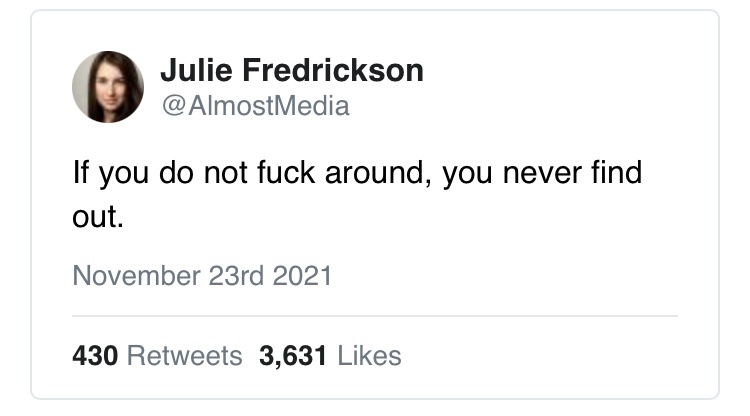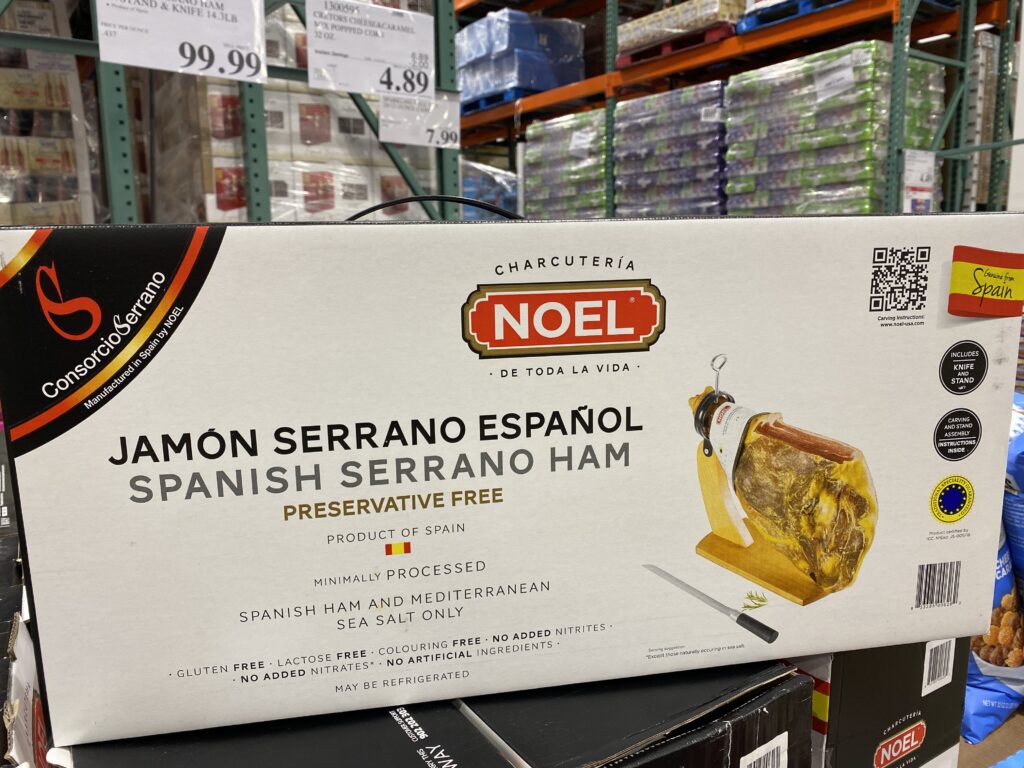The smartest people I know are preppers. Not the end times doomers and apocalyptic types; preppers I know are regular people who happen to have the means to get ahead of disasters. And they are quietly preparing for a much harder century ahead.
There is a significant amount of optimism in my world right now. Crypto and web3 has done well for startup people who saw the promise of blockchain early. But also more traditional startups like SaaS companies are having boom times as well. Every aspect of the pandemic has made life appreciably better for technology workers of all kinds.
Permanent work from home freed us from expensive cities like San Francisco. A stock market buoyed by stimulus made our equity heavy portfolios soar. We have been able to isolate if we want. We’ve had only the upside of the pandemic and born few of its burdens. We are the undisputed winners of the pandemic. And we see how that victory is fragile. An accident even. We did little to earn our comfort.
And so we are preparing for bad times. I’ve got multiple friends who have moved to rural communities from metropolitan cities where they have lived for decades. They are investing in farmland in some cases. In others, just little upgrades like gardens and chicken coops in small towns provide a bit of resilience. Gentleman farmers are making a comeback. Homesteading is to millennials what “back to the land” was for my boomer parents. Some of it is cozycore but a lot of it is genuine desire to get back to making things that keep us alive.
I’m seeing it increasingly from people who work in finance as well. There is a kind of quiet consensus that it’s wise to prepare for winter. Even in the midst of growth so impressive even the Fed is finally acting on inflation, the savvy finance folks know our world has risks. We talk about downside protection and portfolio diversification. But we also quietly talk about tail risks, complexity science and anti-fragility.
It’s not the we are Cassandras assuming that we live in a permanent bearish state. We aren’t convinced that if Rome falls so do we. If anything most of us are optimistic bulls who believe the best case scenario could show us into a new exponential age. But also many of us live in America. And who knows if America’s political situation will remain stable. Our liberal party can’t govern without panic and incompetence and our conservatives are openly adopting populism that flirts with fascism.
Add in that the regular climate driven catastrophes are now weekly. We are all aware it could be our homes in the eye of the next storm. And well it’s rational to be concerned that the world will be more chaotic. Some of us, including me, are convinced it will be an age for making fortunes.
But we aren’t idiots. We believe in scale, specializing and capitalism. We’d also like to know how to manage our own vegetables out back. It’s wise to know your local farmer and dairy. It just tasted better. We know it’s more resilient. Being decentralized may add in some additional friction. We think that’s a good thing in some cases. Why do you think we invested in Bitcoin?
Now I’m not saying we are right. I have no idea when or how some kind of disaster will befall us. But I am saying it couldn’t hurt to have some bottles of water and a couple weeks of food on hand. I’m saying you should prep. DM me if you need help.


